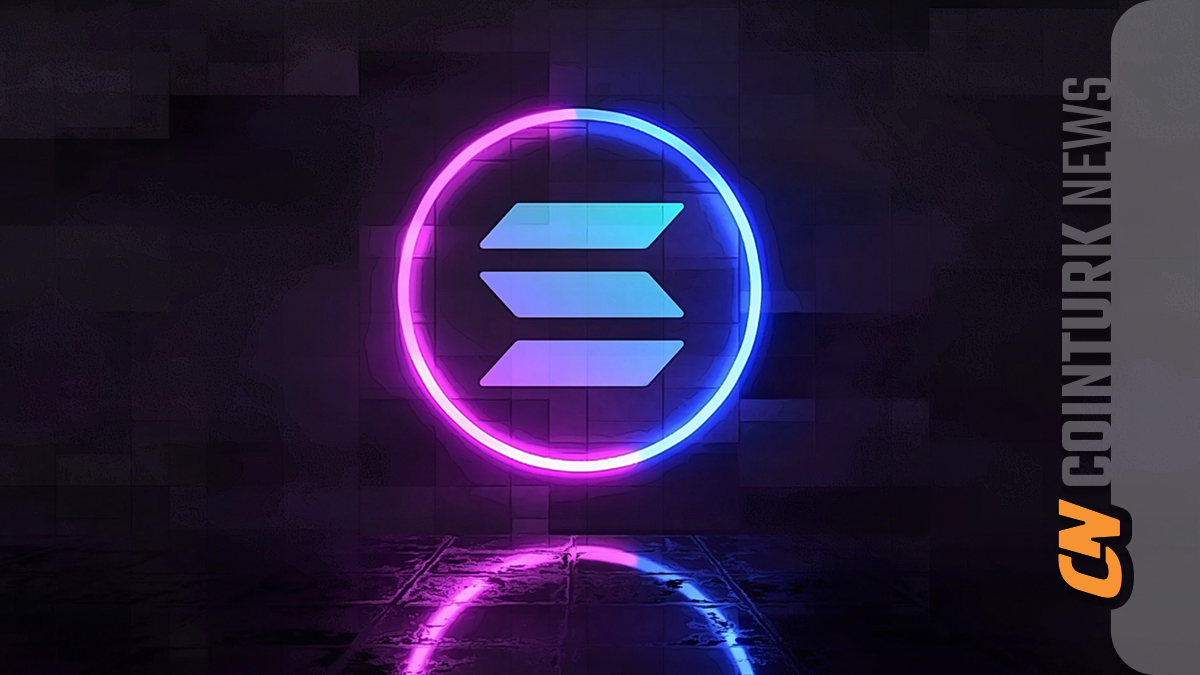Solana-based NFT marketplace Magic Eden achieved its largest monthly transaction volume in March, successfully surpassing industry leader Blur. According to CoinGecko’s First Quarter 2024 report published on April 17, NFT transaction volume in March increased by 194.4% to $756.5 million, while Blur saw a marginal increase to $530.4 million.
Magic Eden’s Notable Success
CoinGecko explained that Magic Eden‘s rise in the rankings was partly due to its new Diamond reward program and its ongoing partnership with Yuga Labs during a period when it cut ties with NFT marketplaces that do not support creators’ copyrights. These steps mean Magic Eden has increased its transaction volume for the sixth consecutive month.

March was the first month since last December that Blur lost its position as the leading NFT marketplace in terms of transaction volume, benefiting from the Bitcoin Ordinals hype process. Previously, Blur had been in a leading position for 10 months after surpassing OpenSea in February 2023. However, during this period, a significant portion of the Bitcoin NFT transaction volume was captured by companies like Magic Eden and UniSat, resulting in Blur’s transaction volume falling by 73.3% to $180 million since December.
Despite this, OKX still managed to achieve the third-largest NFT transaction volume in the first quarter of 2024, with Solana-based Tensor and OpenSea also making the top five in this list. Meanwhile, NFT trade volumes in the top 10 markets reached $4.7 billion in the first quarter of 2024, a 51.6% increase compared to the fourth quarter of 2023.
What’s Happening in the NFT Market?
Despite the increase, the floor prices of top NFT collections like Bored Ape Yacht Clubs and CryptoPunks have dropped by more than 91% and 64% respectively since their peaks in May 2022 and October 2021. The enforcement of creators’ copyrights has recently become a significant issue among NFT marketplaces and studios.
Once a leading NFT marketplace, OpenSea controversially ended its on-chain copyright enforcement tool last August. CEO Devin Finzer stated that the tool did not achieve the success he had hoped for, and competitors like Blur, Dew, and LooksRare bypassed OpenSea’s blacklist, thereby avoiding creator fees by integrating the Seaport Protocol.
However, earlier this month, OpenSea partially reversed this position by providing support for the ERC-721C programmable earnings standard.

 Türkçe
Türkçe Español
Español









